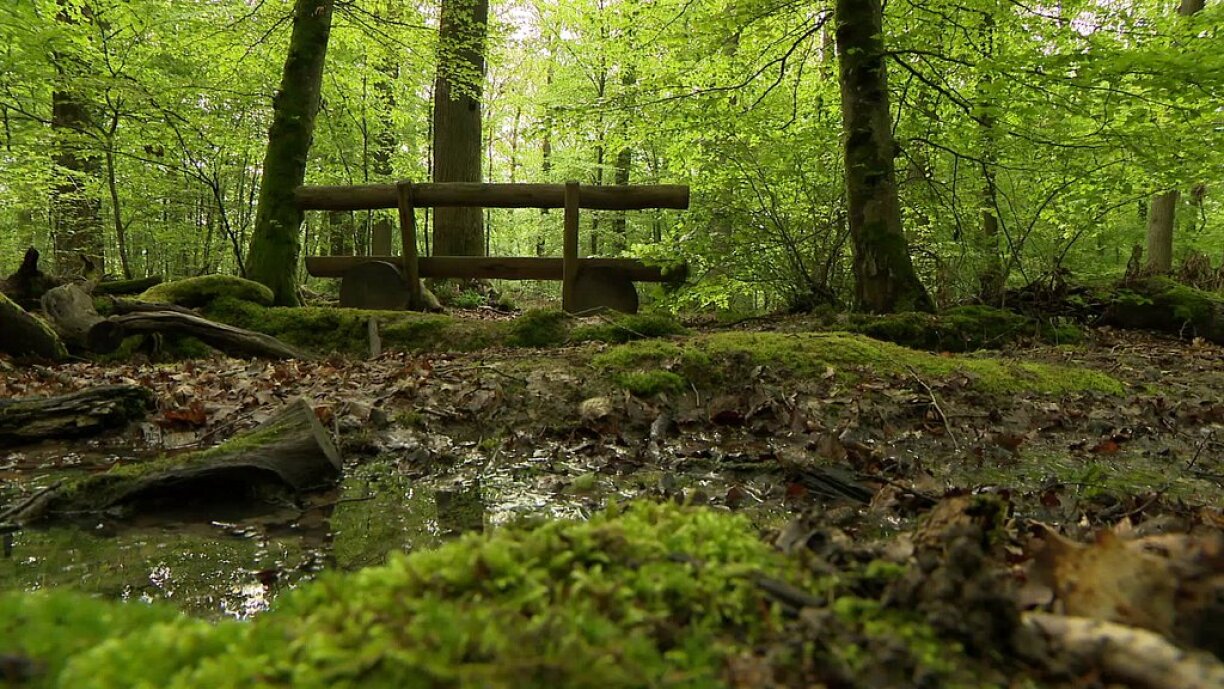
Employees from the Nature and Forest Administration analysed a total of 1,200 trees from across the Grand Duchy to compile their yearly report.
Spokesman Philippe Schmitz provided insight into the findings of their research: “Overall, the trees in our country are not well, although some species managed to recover slightly thanks to more wet periods last year. We now hope that 2022 will be better for all of them.”
Beech trees are believed to have suffered most in recent years. Three quarters of beeches in the country are either damaged or on the brink of dying, noted Schmitz: “Beeches really struggle with droughts. Oaks have a similar problem, but thanks to their different roots, they are able to reach underground water reserves in times of need.”
To counteract such risks, forests need to be diverse, which is why the Administration plants different species instead of monocultures. Schmitz explained that domestic trees work best for that purpose, while spokeswoman Carole Sinner shed light into different strategies and financial aid designed to foster diversity.
Minister for the Environment, Climate and Sustainable Development Carole Dieschbourg used the opportunity of the presentation to underline the importance of reducing the stress on Luxembourg’s forests. The politician further announced that owners of private forests will continue to receive diverse financial aid: “We already adapted aid in 2019 to help fight the issue with bark beetles. Since that problem still persists, the aid will remain in place.”